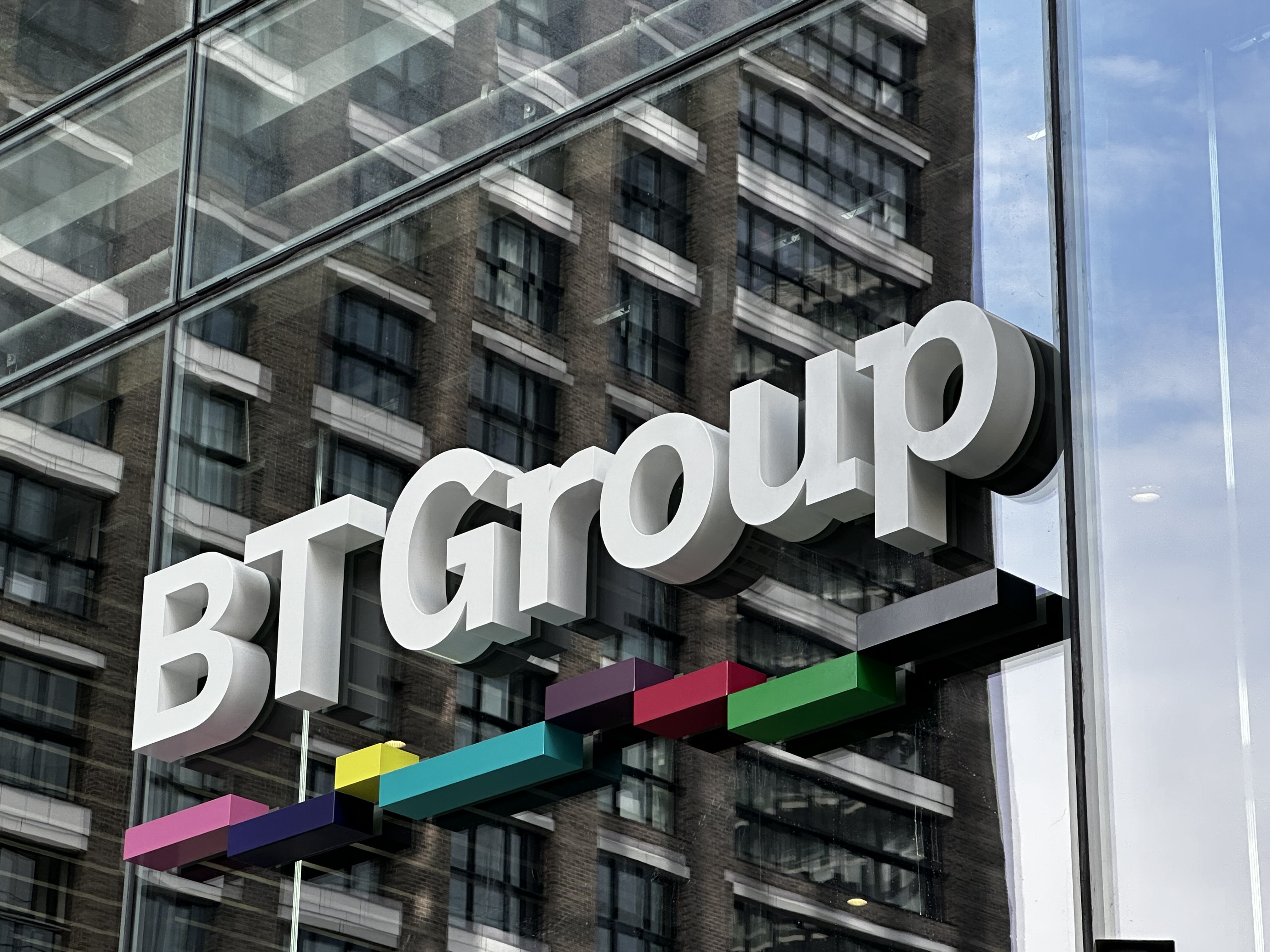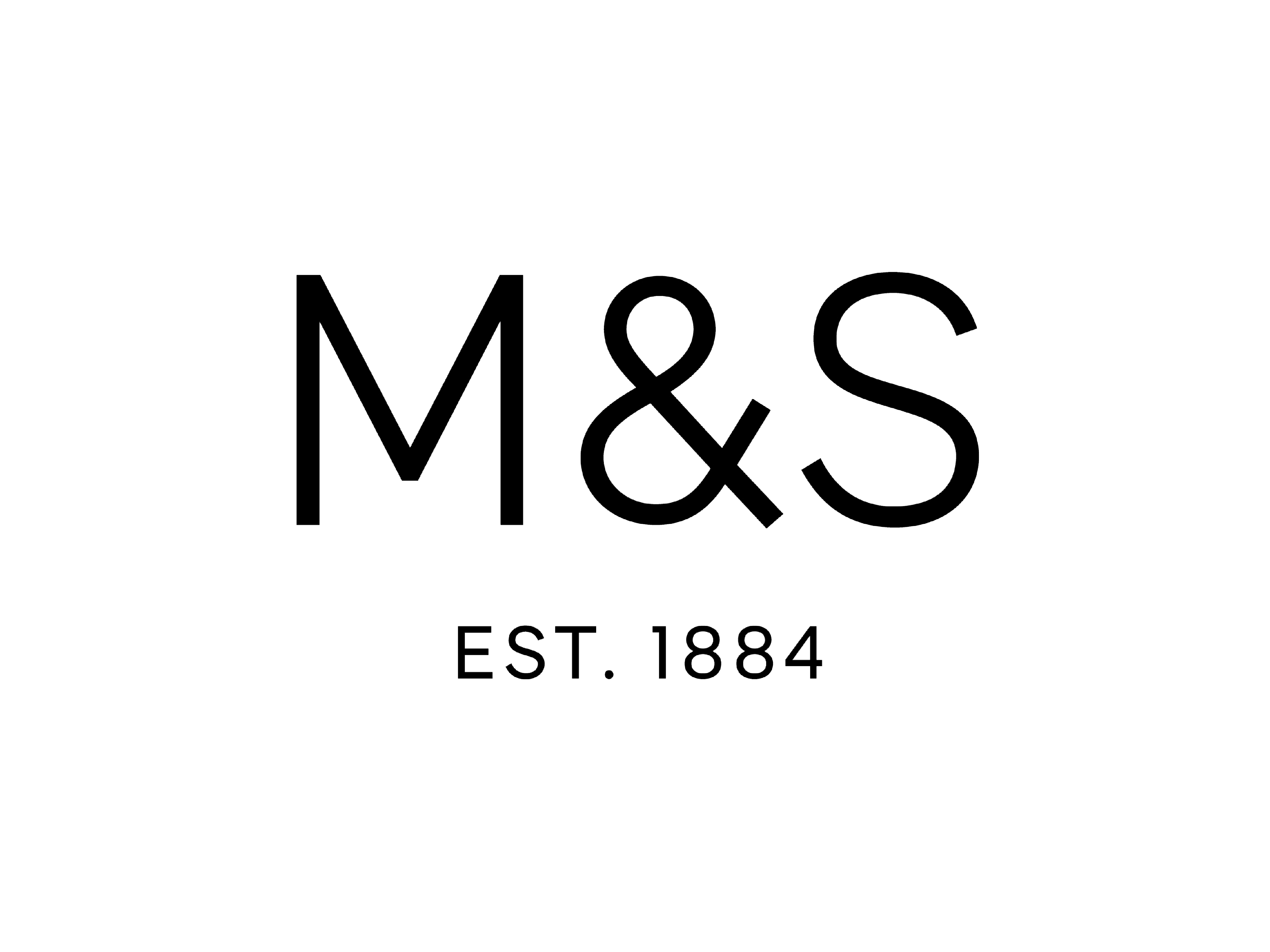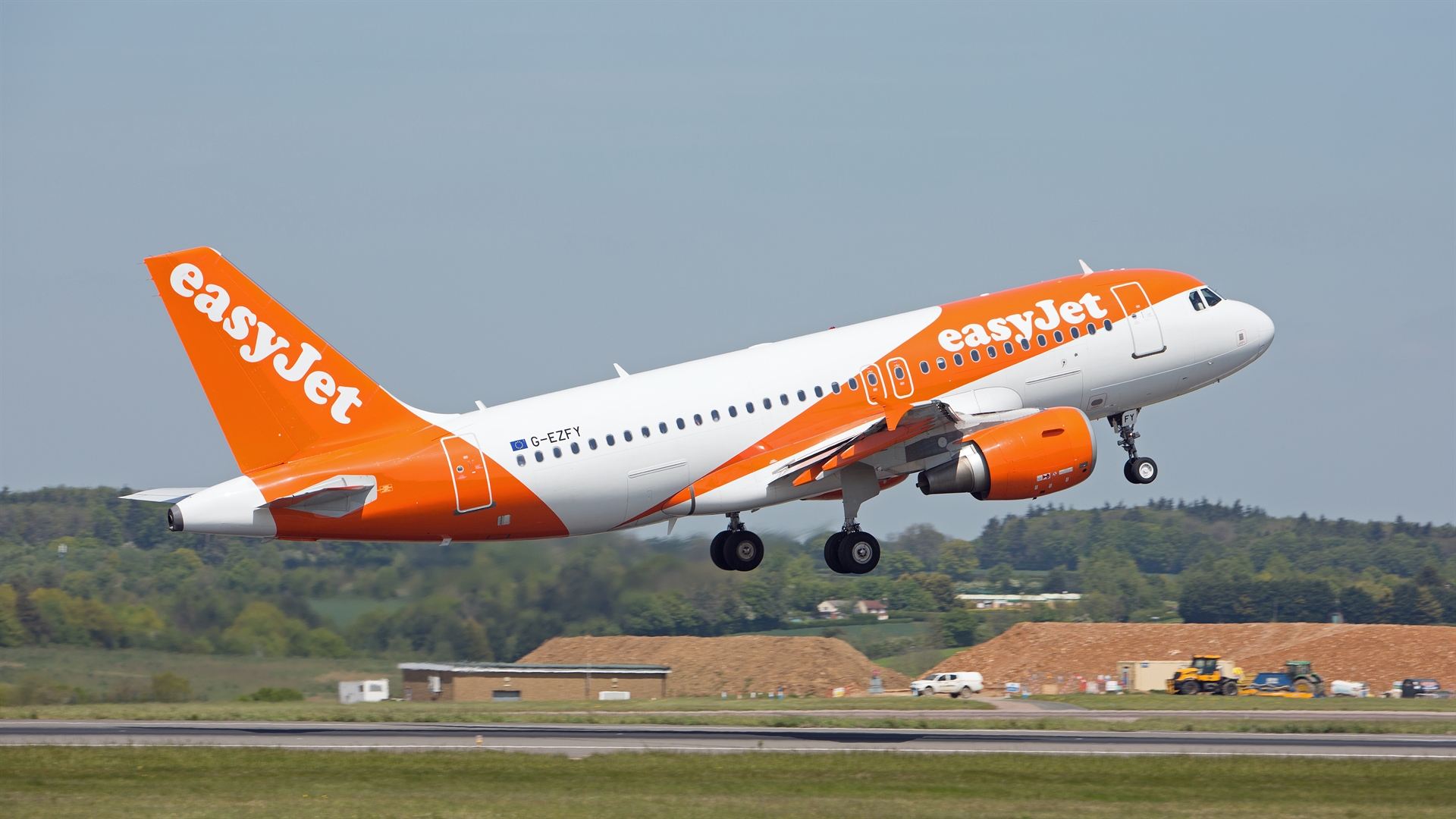easyJet is on the "right flight path" financially, according to Hargreaves Lansdown, despite the airline recording a pre-tax loss of £394m.
The airline’s pre-tax loss increased by 13% year-on-year, although this was in line with expectations.
easyJet said the capacity investments into longer leisure destinations that it made in the first half, as well as other city destinations, are expected to mature by next winter and "structurally reduce" losses in this period.
easyJet also recorded an 8% increase in revenue, totalling £3.5bn.
Furthermore, its air seat kilometres capacity increased by 12% year-on-year, while its sector length jumped by 6%.
Chief executive officer at easyJet, Kenton Jarvis, said: "We continue to see strong demand for easyJet's flights and holidays, as we attract more customers through our great fares, friendly service and unrivalled network of destinations.
"We are executing well against our strategy, to drive efficiency and enhance our customer experience both in the sky and on the ground. In addition, our commitment to giving customers an even greater choice of flights and holidays will also see us continuing to grow both in Europe and the UK, where we will be launching a new base in Newcastle from next spring."
In its outlook, easyJet said its current bookings are "supportive" of performance meeting its full-year consensus. Its forward bookings for the half of the year currently stand at 77%, with 80% of its Q3 forward bookings sold.
As a result, easyJet expects to reach a profit before tax of £703m in the full financial year.
Equity analyst at Hargreaves Lansdown, Aarin Chiekrie, stated: "easyJet has shown markets it’s on the right flight path, with first-half losses landing in line with market expectations. Losses over this period aren’t surprising given the cyclical nature of easyJet’s business. Much more important was the outlook for the all-important summer season, and on that front easyJet delivered.
"Bookings for the second half are flying high. They’re running ahead of last year’s pace, and solid demand means pricing is holding up well. easyJet’s doing a great job of growing its fleet, and on average, more of the available seats are being filled too.
"All in, underlying performance is pleasing – the group’s doing a great job of growing its fleet, stimulating demand, and keeping costs under control. But investors should keep in mind that tariffs could bring new turbulence to the industry, and if that happens, consumer demand could come under pressure."
© 2019 Perspective Publishing Privacy & Cookies









Recent Stories